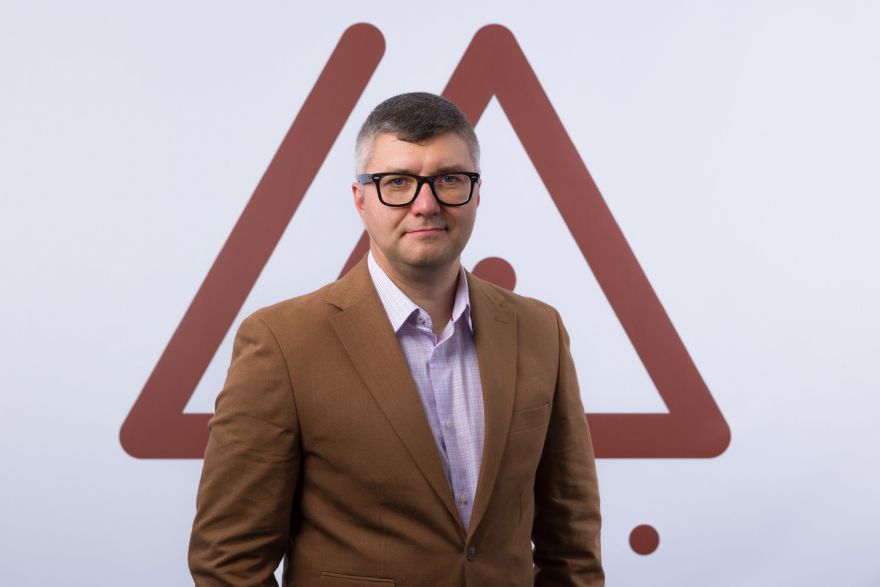 Aeramine
Aeramine, a UK-based advanced technology start-up specialising in producing ultra-high purity copper (UHPC) using sophisticated vacuum refinement techniques, recently showcased its innovative breakthrough with a positive reception at
MT29 Magnet Technology Conference in the USA. The company, successfully finalising an initial £700,000 pre-seed funding round with angel investors, is now preparing for its next fundraising.
The
MT29 Magnet Technology Conference, an annual international event, was held this year in Boston at the beginning of July, and focused on magnet research, development, construction, testing, and operation, including superconducting, resistive, and permanent magnets. Home to renowned institutions such as the Massachusetts Institute of Technology (MIT) and the Plasma Fusion Lab, Boston provided an ideal setting for the six-day conference (1-6 July), which attracted around 1,000 leading scientists and engineers from around the world.
Alex Lapis, Aeramine’s co-founder and managing director,emphasising the unique qualities of the company’s copper, said: “We were well received, and with the US tariffs for copper potentially rising to 50%, we are exploring the possibility of establishing facilities to refine copper in the USA.”
With its low oxygen and impurity levels, ultra-high purity copper is designed for demanding applications. Although not magnetic itself, copper’s excellent electrical conductivity makes it vital for superconducting and resistive magnets, offering stability, efficient heat dissipation, and enabling the creation of powerful magnetic fields.
High-value applicationsLocally Aeramine recently completed a £1 million project funded by
Innovate UK, transforming waste copper into high-purity copper powder for high-value applications. Through innovative refining, atomisation, and additive manufacturing processes, the company aims to establish sustainable, locally based supply chains for copper and other high-purity metals increasingly recognised as critical materials by many countries.
Mr Lapis, whose company, based in the Oxford-Cambridge super-technology corridor, said: “Our manufacturing approach minimises environmental impact, improves material efficiency, and offers cost-effective ultra-high-purity solutions for industrial sectors such as electronics, aerospace, and automotive.”
Aeramine benefits from a UK Government-backed initiative aimed at fostering economic growth and innovation in the region. This initiative seeks to establish a world-leading science and technology hub, attracting talent and investment while encouraging collaboration among businesses, investors, and the ARC Universities’ cluster of nine universities.
Copper plays a vital role in magnet technology due to its excellent electrical conductivity, enabling it to carry large currents and generate magnetic fields despite not being magnetic itself. In superconducting magnets, copper acts as a stabiliser, providing a current pathway if the superconductor fails and aiding heat dissipation. For resistive magnets, copper wire is the primary material used to produce magnetic fields. Although copper is not directly utilised in permanent magnets, it remains significant in specific manufacturing processes and other magnetic applications.
The
2025 Magnet Technology Conference covered all aspects of magnet research, development, construction, testing, and operation, including enabling technologies such as cryogenics. Peer-reviewed papers submitted by attendees will be published in a special issue of the
Institute of Electrical and Electronics Engineers (IEEE) Transactions on Applied Superconductivity.